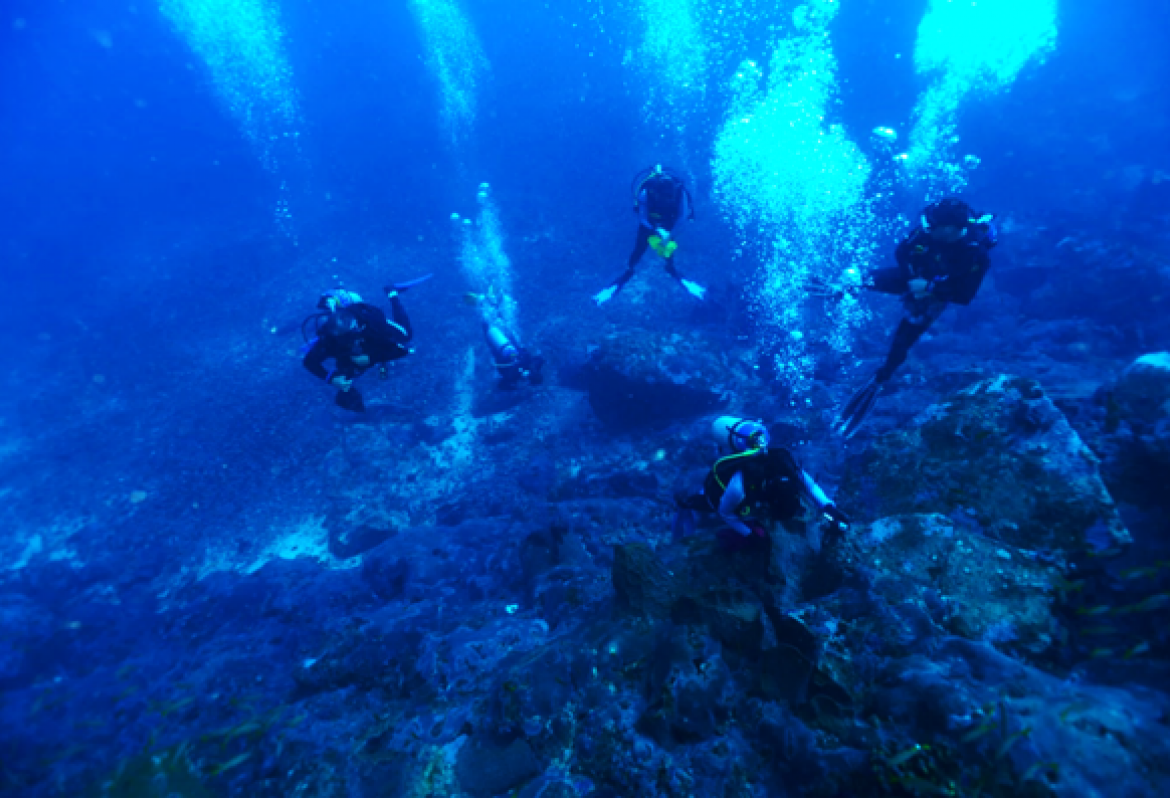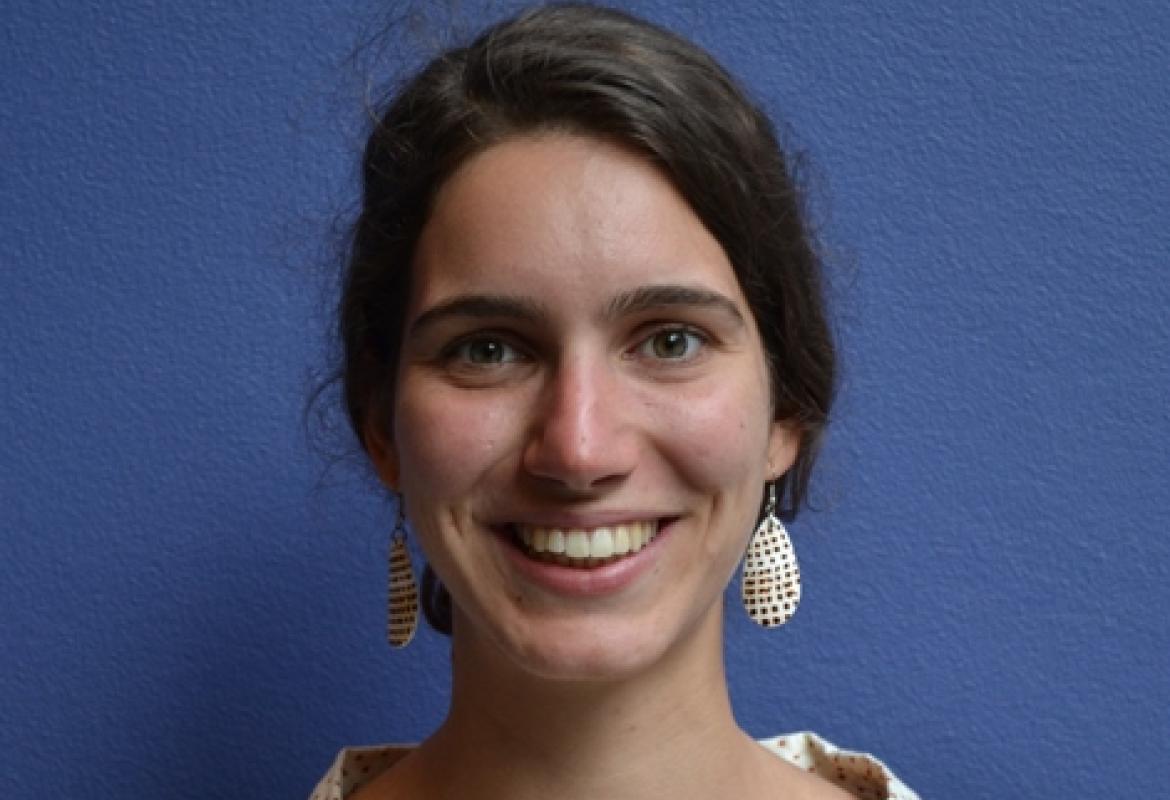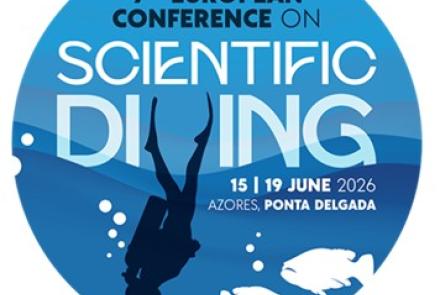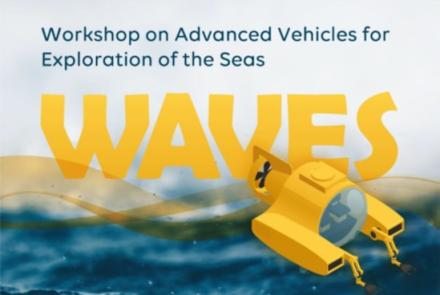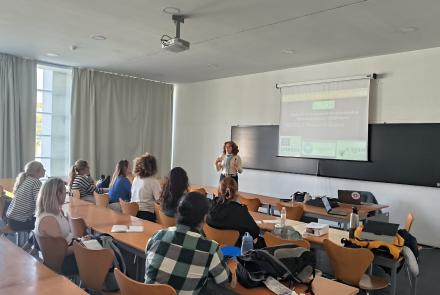CIBIO-Azores lecture; Visiting Professor, Dr. Sofie Voerman | 28 October
Today, 28 October, at 11:00, in the Postgraduate Room of the Science Complex (Room A.022), a lecture will be given by Dr Sofie Voerman (Lyell Centre for Earth and Marine Sciences, Heriot Watt University, Edinburgh, United Kingdom).
Photo-adaptation and acclimation of one of the world’s deepest living macrophytes
Light is attenuated through water, resulting in a progressive reduction in bottom irradiance as depth increases. The potential depth distribution of marine benthic photoautotrophs is limited by in-situ light availability and a species’ light requirements, and we are increasingly aware that macroalgal vertical distribution is not restricted to the shallow oceans. In particular red coralline algae (RCA) are found across the photic zone, from the intertidal to depths where light levels are <0.01% of the surface. How RCA are able to survive under extreme low light conditions remains largely unknown. Understanding the photo-adaptation and acclimation mechanisms of RCA in low light is crucial in explaining their cosmopolitan depth distribution. Here, we made use of a steep depth gradient in the occurrence of free-living RCA nodules (rhodoliths /maerl) at Fernando de Noronha, Brazil. Rhodoliths from five sites covering a 15-85m depth gradient - receiving 20-0.2% surface irradiance - were analyzed for photosynthetic characteristics, tissue pigment content and net oxygen production. We identified photosynthetic adaptation and acclimation to in situ light conditions, enabling optimization of photosynthetic output as light levels decreased. Our results provide a first insight into explaining how RCA are able to survive the low-light conditions of the twilight zone
Sofie Voerman is a postdoctoral researcher working at the Lyell Centre for Earth and Marine Sciences, Heriot Watt University, Edinburgh, United Kingdom. She received her PhD in coastal ecology at the University of Technology Sydney, Australia, in 2017. She has worked in different marine systems all over the world, focusing on the ecology of benthic primary producers such as kelp forests, rhodolith beds and seagrass meadows. She is currently visiting the Azores to work with Dr. Ana Cristina Rebelo and Dr. Sérgio Ávila on rhodolith associated biodiversity at Ilhéu de Vila Franca.



